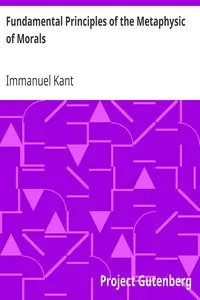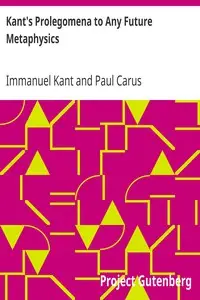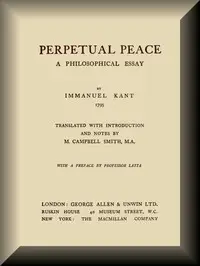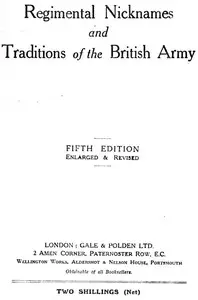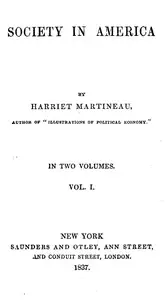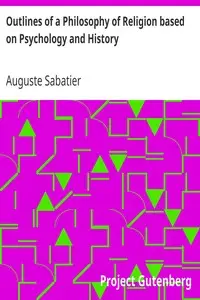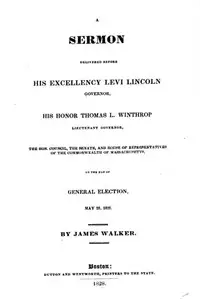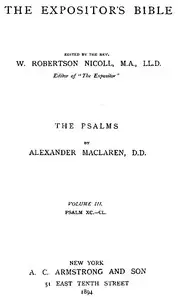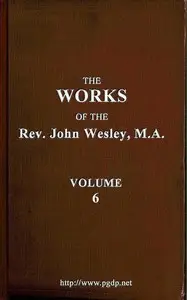"Kant's Critique of Judgement" by Immanuel Kant is a philosophical work written in the late 18th century. This book represents a critical examination of aesthetics and teleology, focusing on the judgements we make regarding beauty and the purposefulness of nature. Kant seeks to establish a foundational principle for understanding the nature of judgement itself, exploring how feelings of pleasure and beauty are interconnected with our cognitive faculties. At the start of "Kant's Critique of Judgement," the author introduces the fundamental questions surrounding the faculty of judgement, specifically whether it operates on principles that are distinct from those of understanding and reason. Kant discusses the importance of reflective judgement in appreciating beauty and understanding the purposiveness of nature. He emphasizes that the enterprise of examining aesthetics cannot be separated from the theoretical and practical parts of philosophy, suggesting that our capacity to derive meaning from nature hinges not only on logical reasoning but also on the subjective judgements we make based on pleasure and taste. This opening sets the stage for a profound exploration of how we perceive beauty and the underlying principles that govern our understanding of the natural world. (This is an automatically generated summary.)
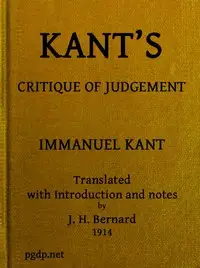
Kant's Critique of Judgement
By Immanuel Kant
"Kant's Critique of Judgement" by Immanuel Kant is a philosophical work written in the late 18th century. This book represents a critical examination ...
Genres
Released
2015-03-08
Formats
epub
epub (images)
mobi (images)
mobi
epub3 (images)
Free Download
Overview
About the Author
Immanuel Kant was a German philosopher and one of the central Enlightenment thinkers. Born in Königsberg, Kant's comprehensive and systematic works in epistemology, metaphysics, ethics, and aesthetics have made him one of the most influential and controversial figures in modern Western philosophy. He has been called the "father of modern ethics", the "father of modern aesthetics", and for bringing together rationalism and empiricism has earned the title of "father of modern philosophy".
Total Reviews
10.0k
Total reviews from Goodreads may change

